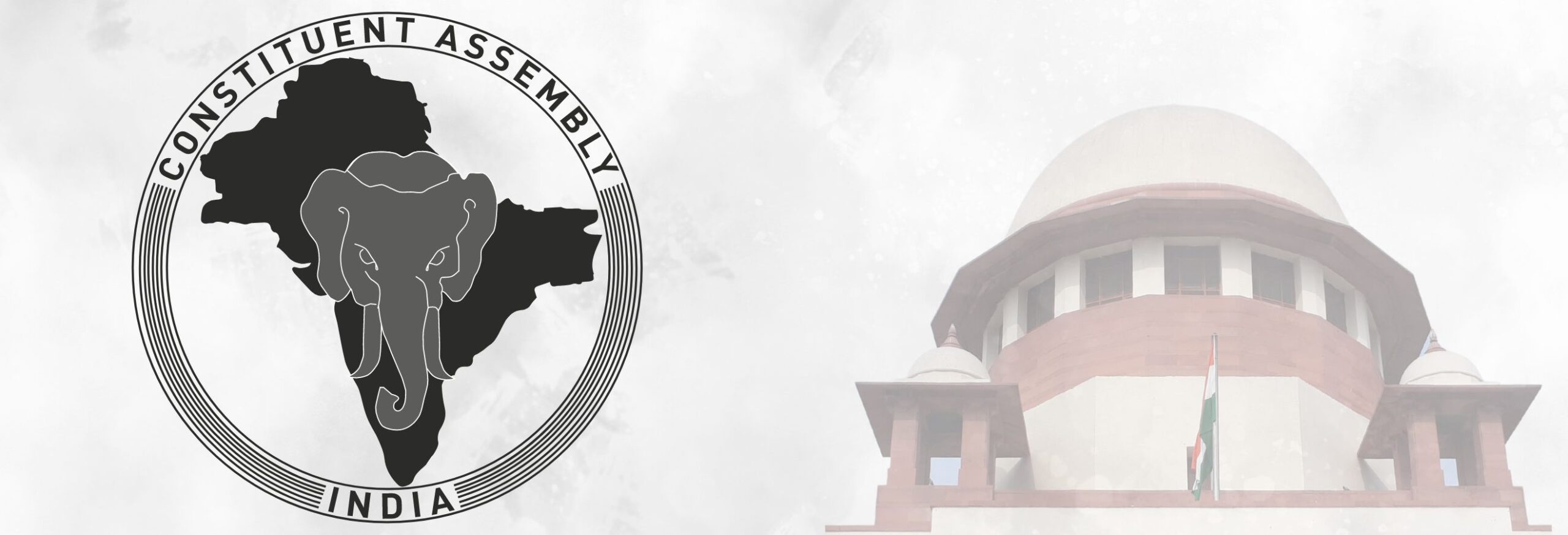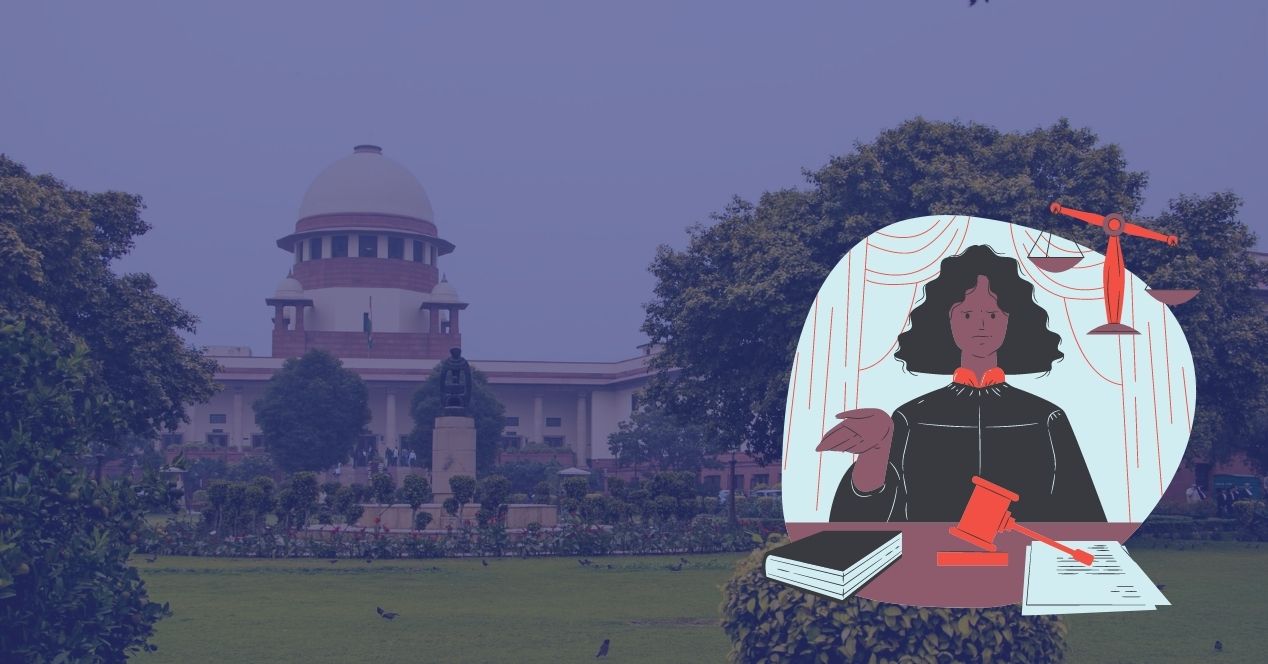Analysis
Framers of the Constitution on Retirement Age of SC Judges
In setting the age of retirement for Supreme Court Judges, the Constituent assembly considered Judicial independence, ability and expertise.

“Take Einstein. I do not know what his age is, but certainly it should be far above 60; and Einstein is still the greatest scientist of the age. Is any government going to tell him, “Because you are sixty, we cannot use you, you make your experiments privately”?
This was Jawaharlal Nehru arguing for the retirement age of Supreme Court judges to be set at 65. On May 24th, 1949, the Constituent Assembly was debating over what M. Ananthasayanam Ayyangar called ‘the most important stage in the discussion of this Constitution’. The focus that day was the retirement age for SC Judges.
Life Tenure for SC Judges
K.T. Shah, with the intention to ‘secure the absolute-independence of the judiciary’ suggested that India follow the American model of appointing SC judges for life. He argued that they could work without fear of removal, and without any executive pressures that would affect their ‘perfect independence and integrity’.
Behind this amendment was also the idea that SC Judges should never have to worry about earning a livelihood after they retire. In particular, he was concerned that retired Judges may take ‘up some other occupation which may not be compatible with a judicial mentality’.
Retirement at 60 to Weed Out Aged, Unfit Judges
Jaspat Roy Kapoor sought to keep the age of retirement at 60. He believed that judges must retire to make way for younger lawyers and judges to take their place. He believed that after 60 a person would ‘not [be] very fit and is not mentally alert’.
He referred to High Court Judges (whose retirement was set at 60 years) who would sometimes sleep or snore in Court. He asked how SC Judges could take on much more at an older age, when some High Court Judges struggle to ‘perform the strenuous duties’ at just 60.. He also believed that after 60, people need only serve society in an ‘honorary capacity’, in line with ancient ideals of becoming a Sanyasi or a monk at the later stages in life.
Retirement at 68 to Retain Judges of ‘Real Worth’
Naziruddin Ahmed suggested that the retirement age should be set to 68. Though he found having an age limit at all rather ‘childish’, he believed that at 65, ‘very efficient people are highly alert’. If they were forced to retire, the Assembly would be ‘shutting out from the service of the country men of real worth and ability’.
Constituent Assembly Decides on 65 as Age of Retirement
Jawaharlal Nehru found it ‘dangerous’ to fix upper age limits for a post that required ‘first-class personnel’. He argued that being a Judge was unlike other posts which required a degree of physical fitness or strength. He distinguished judges from persons in administrative services who may have to ‘face storm and fury’. Though they are vested with great responsibility, they wouldn’t be under pressure that a certain age group cannot withstand.
Pandit Nehru argued that when you need the best people, ‘age cannot be a criterion’. However, he agreed with the Drafting Committee’s suggestion to set the age of retirement at 65.
Dr. B.R. Ambedkar agreed that ‘65 cannot always be regarded as the zero hour in a man’s intellectual ability’. Ultimately, the Constituent Assembly agreed to 65 as the age of superannuation for SC Judges.
The debate on the age of retirement for SC judges, however, has not ended there. Outgoing judges of the SC have often reflected on their tenure, and found that there wasn’t sufficient time to meaningfully contribute to the institution.
In 2022, Former Chief Justice N.V. Ramana was in conversation with Justice Stephen Breyer of the US Supreme Court who was voluntarily retiring at age 83 after a 27 year tenure. CJI Ramana was set to retire after 8.5 years at the SC, and perhaps in envy, remarked that 65 was ‘too early an age for someone to retire’.
CJI Ramana still fared significantly better than most other judges of the SC. Of the 32 Judges currently at the Supreme Court, only CJI Chandrachud, and Justices J.B. Pardiwala, K.V. Viswanathan, and Dipankar Datta will cross the 8 year mark. These judges are the few that cross the average tenure of sitting judges of the SC, of 5.4 years.



